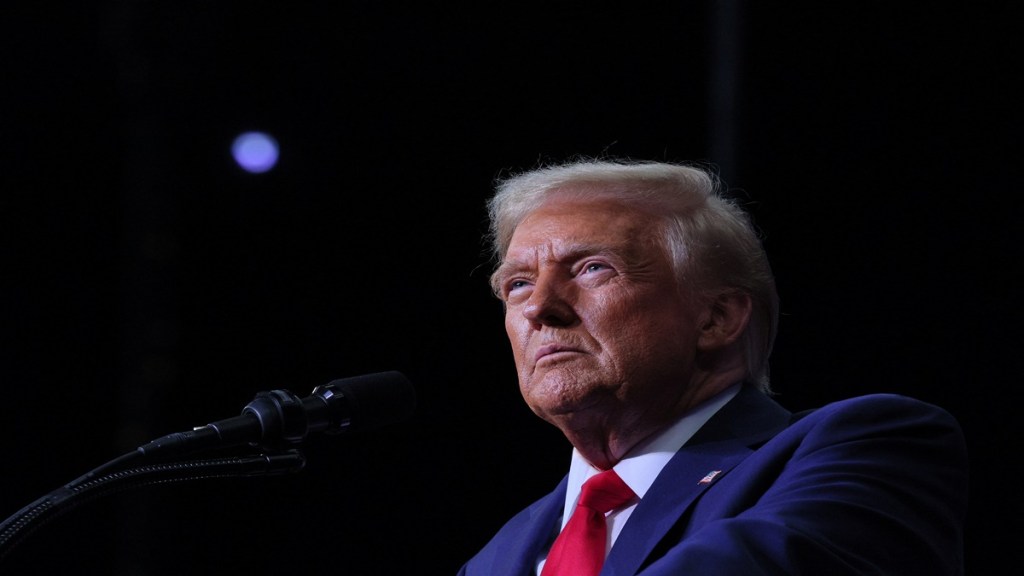The US Court of International Trade (CIT) has delivered a major setback to President Donald Trump’s weaponisation of tariffs to pressurise nations — especially those that registered persistent bilateral trade surpluses — to strike deals that are more favourable to the US. On Wednesday, a three-member panel of federal judges ruled that the US President had overstepped his authority to impose tariffs on nearly every country around the world. This ruling effectively blocks him from levying the steepest tariffs on China and other major trading partners as the federal law did not grant him “unbounded authority” to do so. Before Trump 2.0, no US president had invoked provisions of the International Emergency Economic Powers Act — intended to address “unusual and extraordinary” threats during a national emergency — to levy duties on virtually every nation. Tariffs are not part of this 1977 law. The CIT also said that the US Constitution provides Congress exclusive authority to regulate trade with other nations that is not overridden by the invocation of national emergency powers to impose tariffs to safeguard the US economy.
While this landmark ruling would doubtless be a relief to countries like India — that is scrambling to ink the first tranche of a bilateral trade deal to avert the threat of Trump’s reciprocal tariffs — it is premature to uncork the bubbly. The global trade environment will remain highly uncertain as the US President is unlikely to back down. True to form, his administration immediately filed an appeal that questioned the authority of the CIT. The decisions of this Manhattan-based body can be appealed to the US Court of Appeals for the Federal Circuit in Washington and eventually land up in the Supreme Court that is packed with Trump’s nominees. It bears mention that days before this ruling, key members of his administration like secretary of commerce Howard Lutnick, United States Trade Representative Jamieson Greer, secretary of treasury Scott Bessent, and secretary of state Marco Rubio told the CIT that an adverse ruling could imperil ongoing negotiations, stating that the ongoing ceasefire between India and Pakistan — which averted a full-scale war between nuclear powers — was achieved by Trump offering both nations greater trading access with the US.
The ruling of the CIT nevertheless provides breathing space for India to reassess its strategy to strike a deal that is currently being negotiated under fire. Trump, for his part, is not making it any easier with his gratuitous statements that India has “offered a deal where basically they are willing to literally charge us no tariffs”. That is far from being the case although India has no doubt offered deep cuts in levies to provide greater market access for US goods while seeking to retain high tariffs on sensitive farm and dairy products. There is a need for similar strategic intent to ensure that we retain policy space on non-tariff barriers like licences, standards including quality control orders, and intellectual property rights. Taking lessons from our free trade agreement with the UK, there is no need to agree to rules that weaken our patents regime and threaten industry’s ability to produce affordable generic drugs. Although reports indicate an interim deal is likely before June 25, there is absolutely no warrant to hasten our trade negotiations while the Trump administration’s appeal against the historic CIT ruling winds its way through the legal system.

